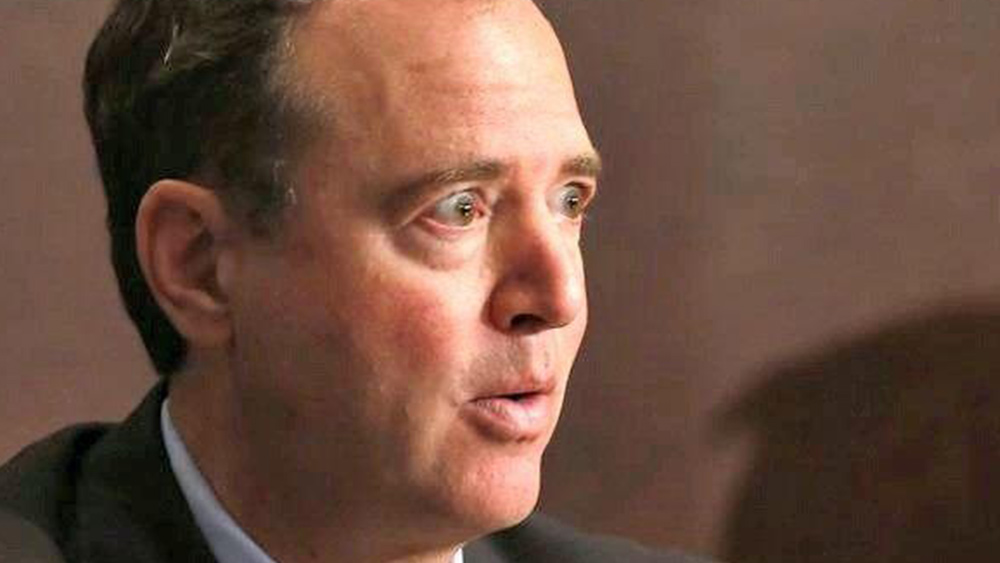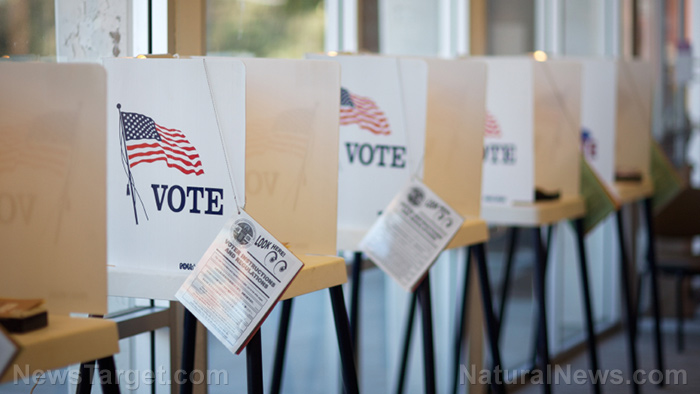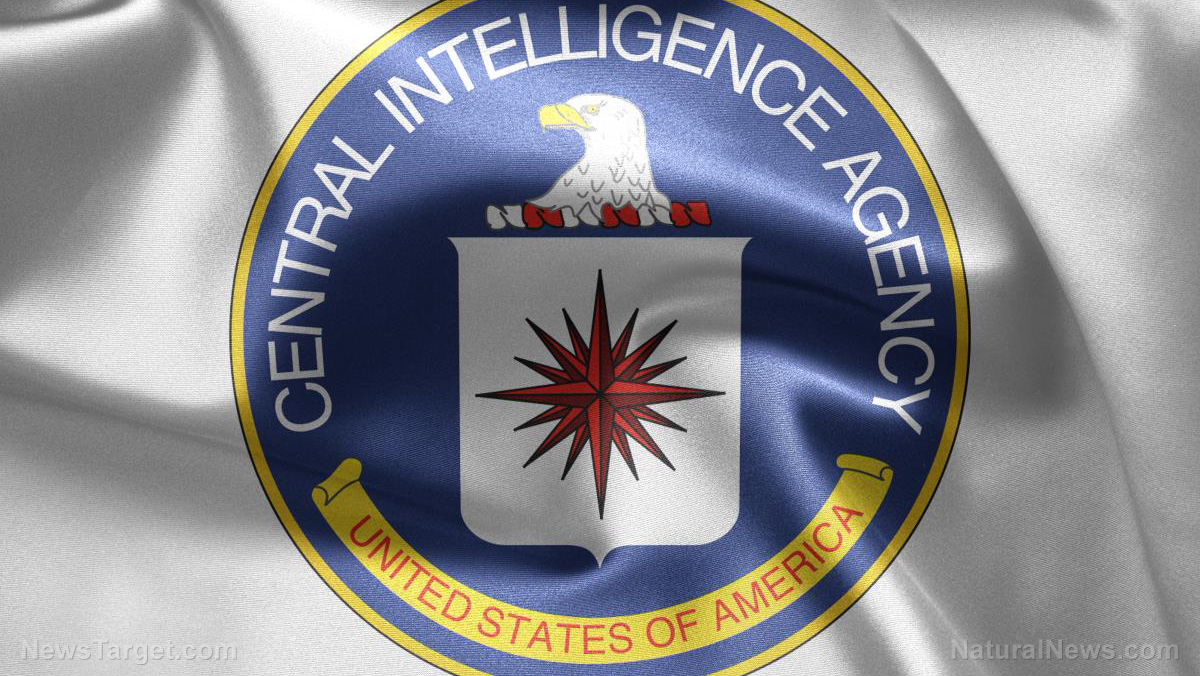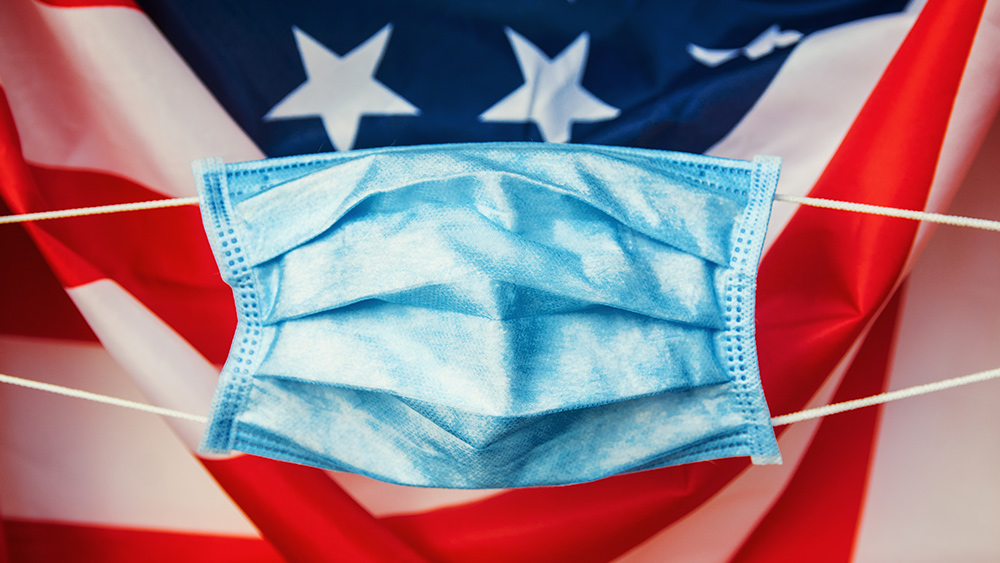Biden administration allows Wall Street to refinance China’s military
03/10/2021 / By Nolan Barton

President Joe Biden’s administration is leaving the door partly open for Wall Street to finance China’s military.
The Department of the Treasury‘s Office of Foreign Assets Control on Jan. 26 issued General License No. 1A, which permits Americans to continue acquiring shares in certain companies associated with “Communist Chinese Military Companies,” known as CCMCs, until May 27. The Trump administration originally set the deadline on Jan. 28.
Former President Donald Trump signed a landmark Executive Order 13959 on Nov. 12 last year, which stopped investors from purchasing or possessing shares in any company associated with a CCMC. In short, Trump ordered Americans to stop financing China’s military – the People’s Liberation Army.
Wall Street opposed Trump’s executive order, and now it has additional time to work for its repeal.
“It would be a tragic mistake for the new administration to postpone, dilute, or otherwise eviscerate implementation of the key provisions of Executive Order 13959. Doing so would only serve to enrich Wall Street and Beijing at the expense of American security, fundamental values, and investor protection,” Prague Securities Studies Institute Chairman Roger Robinson told Gatestone in an interview.
There are currently 44 companies designated as off-limits to investment, including Semiconductor Manufacturing International Corp., China’s leading chipmaker, and China National Offshore Oil Corporation.
Experts said the investment ban should have a wider reach because China is a unified state. Businesses in China are controlled by the Chinese Communist Party (CCP) so each of them is military-linked and Party-controlled.
According to Richard Fisher of the International Assessment and Strategy Center, the People’s Liberation Army “has the right to raid any non-military Chinese company for any technology it decides could advance its military strength.”
An article published by Gatestone accused the Biden administration of allowing Wall Street to use the cash of millions of Americans to “fund intercontinental ballistic missiles targeting their families and to fund concentration camps in Xinjiang.”
“Most Americans will have no idea their retirement and other savings are being used to finance their own destruction…. financing China’s war on America,” the article said.
The article noted that Beijing viewed the U.S. financial community as its channel to influence the highest levels of the American political system. It cited Di Dongsheng of Beijing’s Renmin University, who spoke about how Chinese leaders had in the past used Wall Street to dictate terms to previous American presidents.
That had been broken during the Trump years, but Beijing would like to re-establish its link to Wall Street under the Biden administration. (Related: Biden hands over control of America’s power grid to communist China.)
The article said: “It is now time to break the Beijing-Wall Street-White House connection for good. Ultimately, Americans should not be allowed to invest in any Chinese business, whether or not that business is formally designated as a Communist Chinese Military Company.”
Business sector wants total lifting of investment ban
An article published by Reuters painted a different picture on the delay to the China investment ban. The article said the delay “provided breathing space, but does not fix the problem.”
It said that, according to JPMorgan, restrictions on U.S.-based investors and U.S. citizens could affect nearly $60 billion worth of bonds.
At least 10 companies designated as off-limits to investment have subsidiaries that issued dollar bonds, including Huawei Technologies Co. Ltd., Semiconductor Manufacturing International Corp (SMIC), Sinochem Group Co Ltd and Aviation Industry Corporation of China.
The article also noted that there is little sign that the ban would affect the Chinese companies significantly as dollar-denominated bonds make up a very small part of their capital structure.
“The Global investment community wants more access to Chinese assets,” said Jeremy Schwartz, global head of research at WisdomTree Asset Management. “The bigger picture stepping back is that there is a lot of global interest in adding China currency reserves and Chinese bonds to portfolios.”
China accounts for around half of Asia’s $1.4 trillion corporate credit dollar market – roughly the same size as the U.S. high-yield markets.
Follow JoeBiden.news for more news and information related to President Joe Biden and his administration.
Sources include:
Tagged Under: China, Communist Chinese Military Companies, General License No. 1A, Huawei Technologies Co. Ltd., intercontinental ballistic missile, People's Liberation Army, Prague Securities Studies Institute, President Donald Trump, President Joe Biden, Treasury Department, Wall Street
RECENT NEWS & ARTICLES
COPYRIGHT © 2017 BIG GOVERNMENT NEWS





















